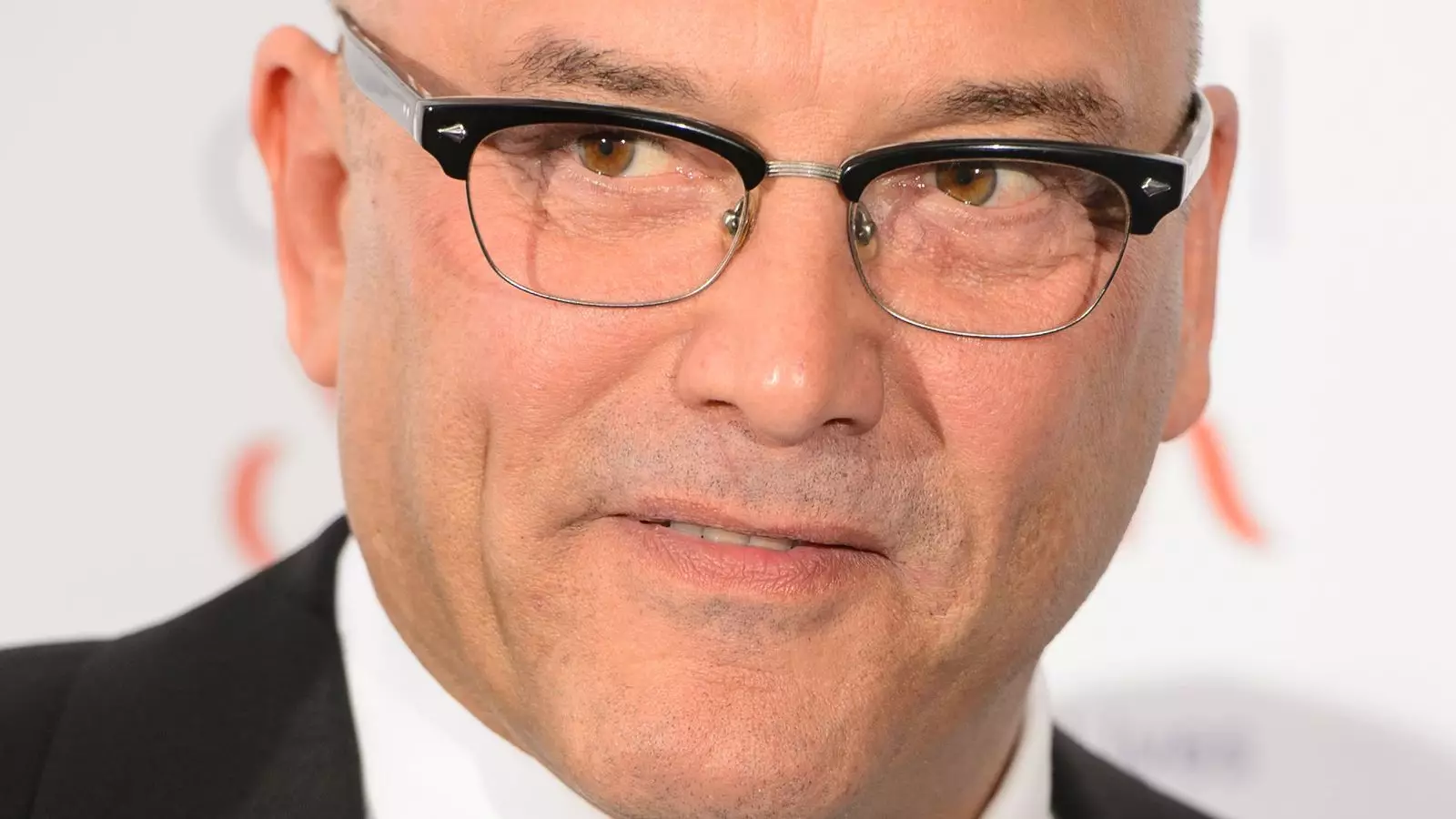Fame often acts as a double-edged sword, elevating individuals to glamorous heights while simultaneously exposing their flaws to the harsh glare of public scrutiny. Gregg Wallace, a well-known face of culinary television, exemplifies how quickly a revered figure can unravel when faced with allegations—regardless of the complexities involved. His story reveals the unsettling truth that behind the veneer of success, human vulnerabilities—especially when entwined with privilege—can morph into damaging misconduct. Wallace’s denial of serious accusations, juxtaposed with his acknowledgment of certain behaviors and past misjudgments, exposes a troubling dissonance: the difficulty in navigating personal accountability within the corridors of fame.
The Power Dynamics of Media and Reputation
In the high-stakes realm of television, reputation is everything, yet it’s often fragile and fleeting. Wallace’s situation underscores the peril of missteps that, in the court of public opinion, are magnified exponentially. While he insists he is “not a groper, a sex pest or a flasher,” his admission of behaviors like drunken inappropriate contact and flashing suggests a pattern that transcends mere youthful indiscretion. The fact that a significant majority of allegations were substantiated raises questions about the ethical environment in which these incidents occurred and the extent to which authority and charisma might have fostered a climate of complacency or suppression.
Moreover, this underscores a uncomfortable reality: the media landscape is unforgiving, especially when powerful figures are involved. Wallace’s tearful recounting of being compared to notorious sex offenders reveals how allegations—whether fully proven or not—can permanently stain one’s legacy. The spectacle becomes a reminder that institutions, whether media or entertainment conglomerates, often prioritize image preservation over genuine accountability, perpetuating a culture where misjudgments are swept under the rug or minimized.
The Fragile Line Between Confidence and Hostility
Wallace’s attempt to frame his conduct through the lens of autism and a background rooted in jovial, coarse behavior hints at a deeper, more troubling issue—an inability or unwillingness to recognize the boundaries that govern respectful interactions. His explanation risks excusing behaviors that, if indeed inappropriate, require serious reflection and correction, not justification. The tendency to marginalize accountability by invoking personality, background, or disability dilutes the importance of consent and decency, creating a dangerous precedent where personal history is weaponized to diminish accountability.
Furthermore, his claim that some actions—attempted flirtations or flashing—were misunderstood or meant in jest reveals a troubling tendency to dismiss the pain or discomfort of others. Comedy and flirtation can indeed be subjective, but they are not exempt from ethical boundaries. When such behaviors are frequent enough to be substantiated by allegations, it reveals an ingrained attitude that power and charm might excuse misconduct—a mindset deeply incompatible with the principles of respect and equality.
The Perils of Public Shaming and the Illusion of Redemption
Wallace’s expressed fear of going out in public and his current reliance on disguises embody a profound consequence of defamation or the social penalties associated with misconduct. Yet, this also raises questions about whether society is too quick to cast individuals as irredeemable villains, especially when accusations are tied to imperfect, complex human beings. The media’s role becomes crucial here: does the coverage foster understanding and healing, or does it fuel a destructive mob mentality that leaves no room for growth or redemption?
The fallout from allegations often casts long, dark shadows over careers, and sometimes, this is justified. However, it is equally important to recognize that claims and accusations should be scrutinized with nuance, not hysteria. Wallace’s case, illustrated by his genuine remorse—real or perceived—serves as a stark reminder that justice involves balancing accountability with compassion, ensuring that the pursuit of truth doesn’t become a weapon for irreversible destruction.
A Reflection on Society’s Responsibility
This entire saga exposes a broader societal failure: the normalization of toxic behaviors under the guise of masculinity, confidence, or wit. It compels us to question how environments like the BBC or MasterChef, which project wholesome images, can harbor behaviors that contradict their public personas. It’s a stark lesson that celebrity culture often glosses over the darker realities lurking behind the scenes, allowing misconduct to fester and only to be revealed once it reaches a boiling point.
The real challenge lies in fostering a culture that actively discourages inappropriate conduct without resorting to public shaming or unforgiving condemnation. It demands an active, introspective look at our own attitudes towards power, the importance of consent, and the need for systemic change—so that reputations are not sacrificed on the altar of scandal but instead are approached with fairness and accountability.

